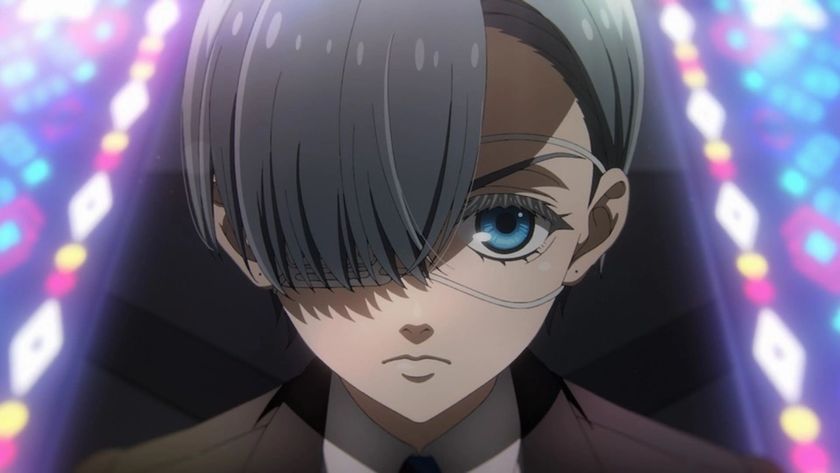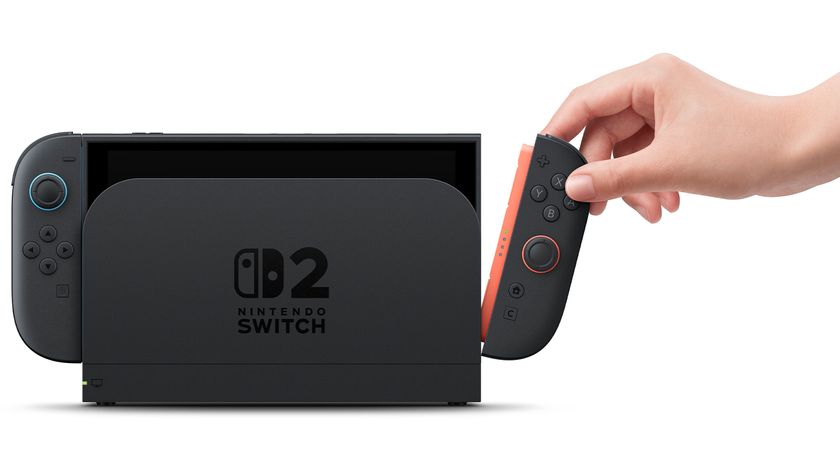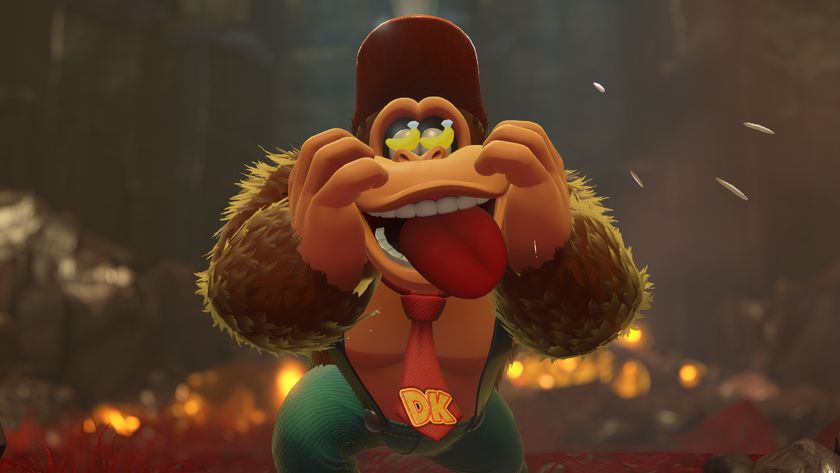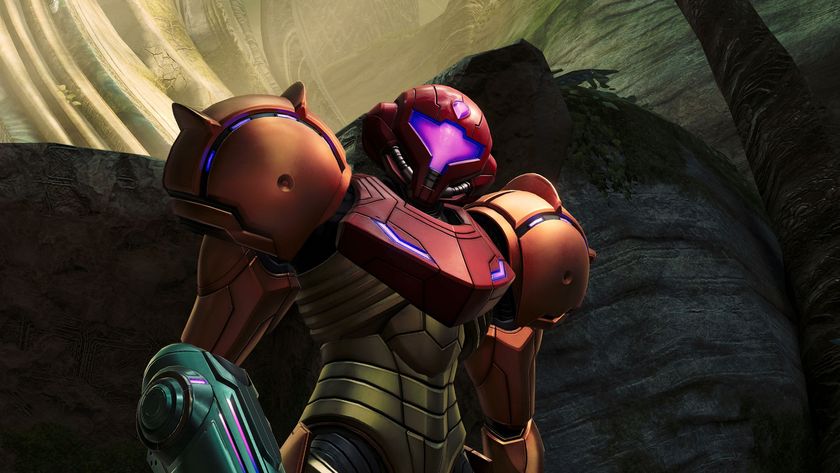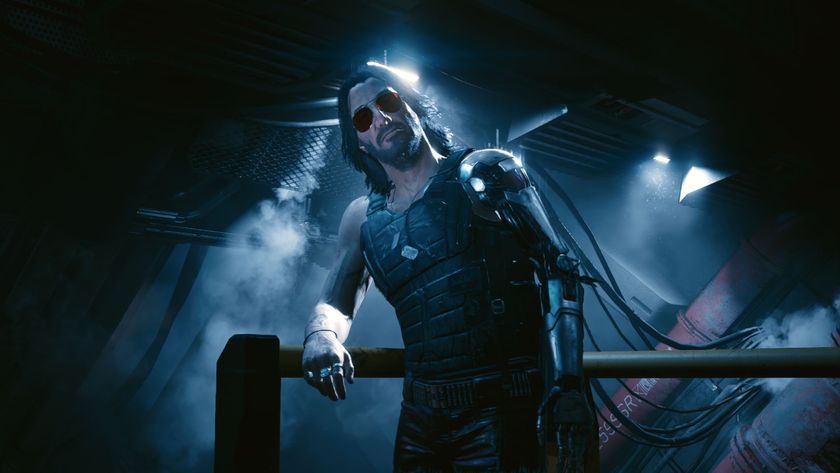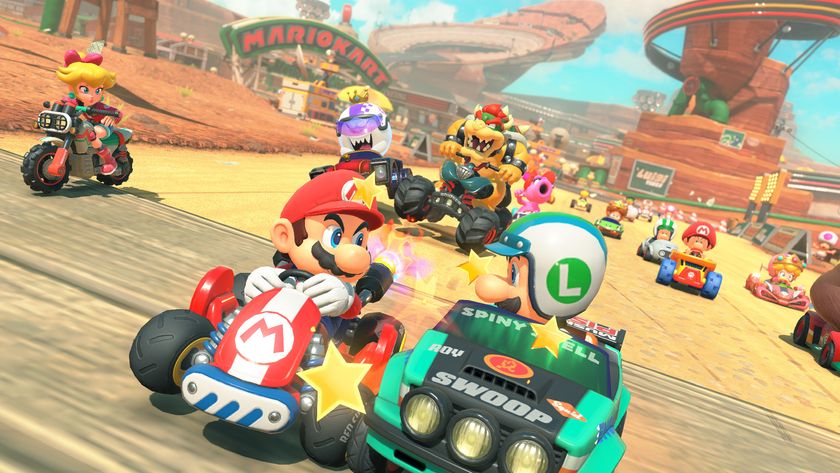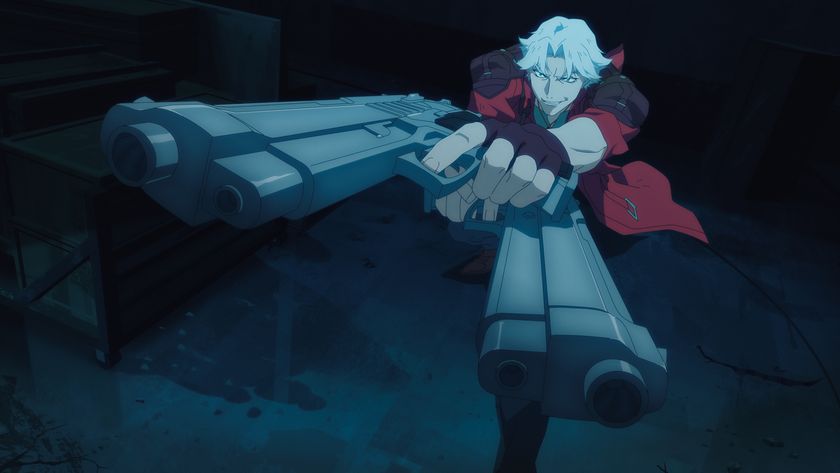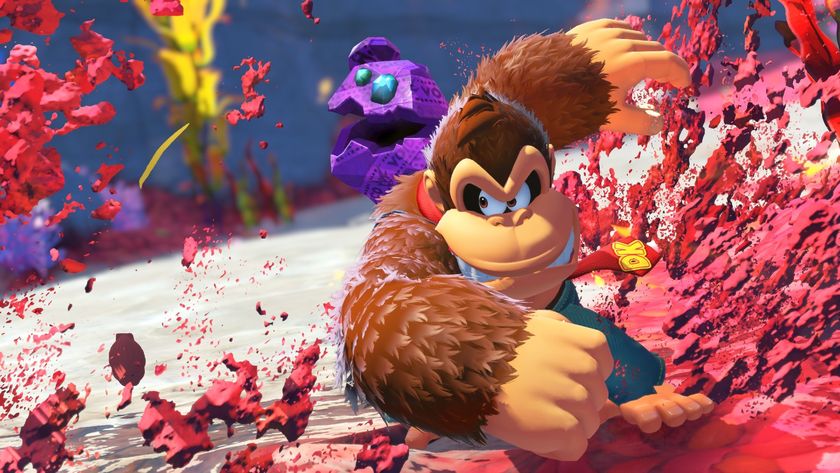Shooters finally have something to say in 2012
The world's go-to genre started growing up
"To kill for yourself is murder. To kill for your government is heroic. To kill for entertainment is harmless." Wait, what?
I'm, like, an hour into Spec Ops: The Line when this message pops up on a loading screen. "What a weird thing to say," I think to myself. But I can't shake it. I keep playing. I keep shooting. I keep killing, and I'm not sure who for. Myself? I have to defend against those that would do me harm. Or am I killing for my--rather, Walker's--government? They sent me to Dubai, after all. But really, I'm doing it for entertainment, right? That's why I'm playing a video game: So I can be entertained. By killing over and over and over again. Whatever, that's silly. WHY AM I EVEN THINKING ABOUT THIS?
Several hours later, and I'm knee-deep in dead bodies. Some are enemy combatants; most are innocent civilians. A few are children, charred to the bone by a mortar strike. Which I orchestrated. Another loading screen. Do you feel like a hero yet? No, as a matter of fact, I don't. Thanks for asking. Then another: If you were a better person, you wouldn't be here.
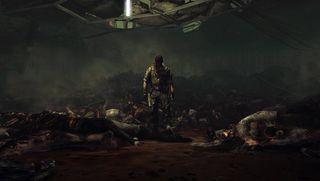
For all the praise The Line received for making players feel uncomfortable while playing it, nothing I encountered in that game left as lasting an impression as its loading screen jabs. Their sole purpose was to break the fourth wall and call you out for having fun while killing people (OK, sure, Spec Ops had its issues with "fun"). Which happens a lot in a game where the driving mechanic is, you know, killing people.
But The Line isn't so much a commentary on war as it is on war games. And while its narrative didn't always make sense, it did frequently make me stop for a second and think to myself, "Hmm, that is pretty messed up." That doesn't happen very often when I'm playing a shooter.
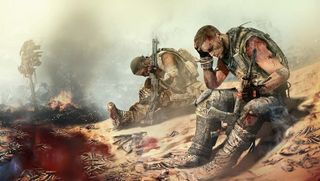
After finishing The Line, I thought a lot about my regular diet of big dumb shooters, with their generic "terrorists" that needed to be shot because I needed to feel like a hero, damn it. But The Line's self-aware commentary added a layer of interaction I'd never experienced in a shooter before, and I continued to see mature themes pop up in games I hadn't expected them to as the year progressed.
Take Halo 4, for instance. This was a series I knew--I knew--would be easy to digest. I'd hop in, shoot some aliens, enjoy the banter between Master Chief and Cortana, and call it a day. But the opening cinematic introduced an all-grown-up tone that was foreign to the series. In it, children were being groomed as soldiers. These kids would later become Spartans, the greatest killing machines mankind would ever see. I became a Spartan the same way, you know. I spent a hell of a lot of time playing Doom, Quake, and Half-Life in my formative years.
Sign up to the 12DOVE Newsletter
Weekly digests, tales from the communities you love, and more
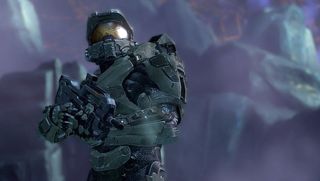
"Do you believe the Spartans' lack of humanity helped?" asked an interrogator of Dr. Halsey, the founder of Halo's Spartan-II program. "Do you believe the Master Chief succeeded because he was, at his core, broken?" I found these to be extremely self-aware questions. Master Chief was merely an extension of myself; he was a hero because I was a hero. And here's this dude, calling Master Chief a sociopath because he's destroyed thousands of aliens. So what does that say about me? I couldn't discern if Halo 4 was merely reinforcing its fiction, or if it was giving a nod to the enjoyment I derive out of shooting anything that moves.
Ryan was once the Executive Editor of GamesRadar, before moving into the world of games development. He worked as a Brand Manager at EA, and then at Bethesda Softworks, before moving to 2K. He briefly went back to EA and is now the Director of Global Marketing Strategy at 2K.
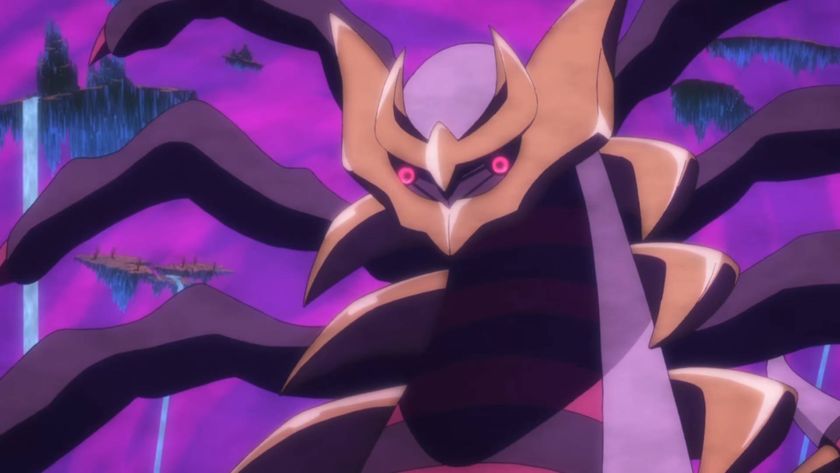
Pokemon Platinum's most obscure feature was a reward seemingly given to just 20 players lucky enough to participate in a complicated limited-time event with a lottery prize
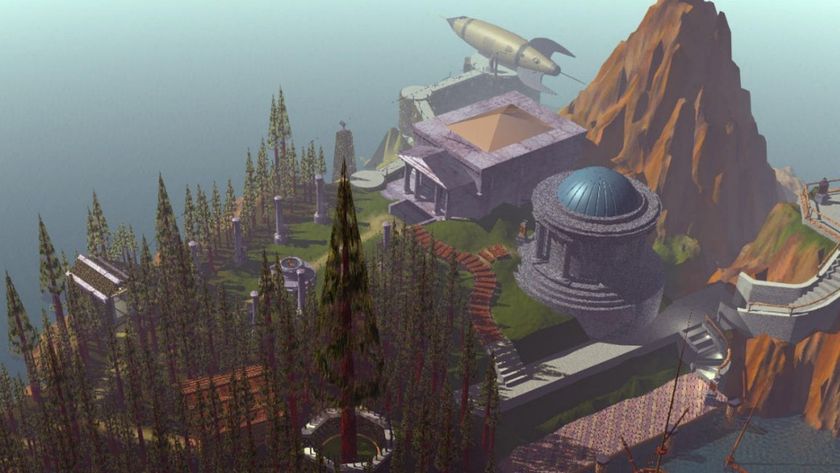
37-year-old studio behind iconic PC game Myst and one of the longest-surviving indies in the world just laid off "roughly half the team"

